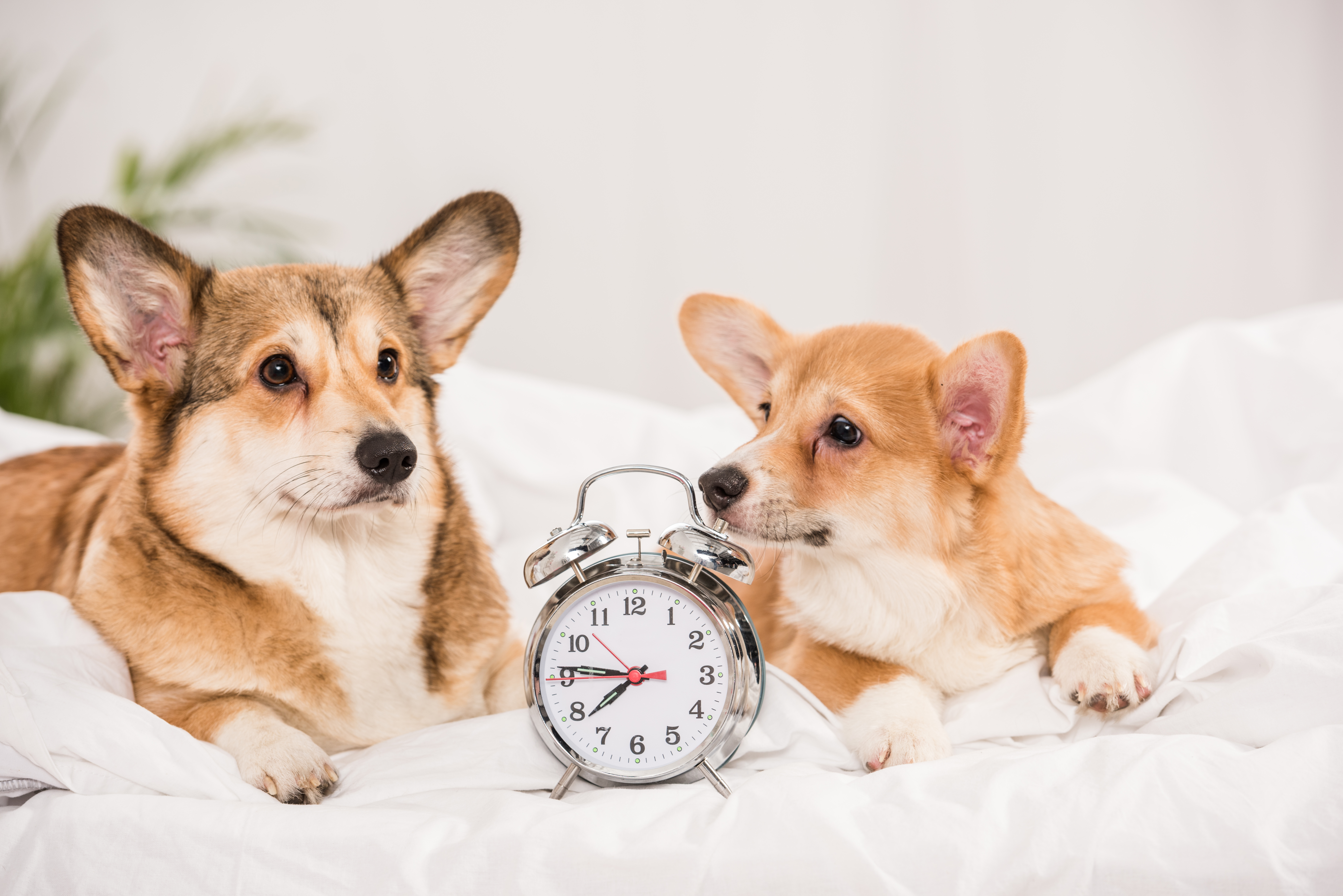10 Things That Can Instantly Ruin Your Dog’s Mood
Dogs, often hailed as man's best friend, have been companions to humans for thousands of years. Their loyalty, affection, and playful demeanor are cherished by millions of households worldwide. However, like humans, dogs have their own set of emotional needs and susceptibilities. Understanding these emotional intricacies is crucial for any dog owner who wishes to ensure their pet's happiness. This article aims to uncover the 10 instant mood crushers that could unexpectedly affect your beloved canine friend. Through this exploration, we will delve into the subtle yet impactful triggers that could dampen your dog's spirits, providing insights that will help you maintain a joyful and harmonious relationship with your furry friend. From environmental factors to behavioral cues, we will examine the multifaceted nature of canine emotions and offer practical advice to mitigate these mood crushers. By the end of this countdown, you will be equipped with the knowledge necessary to foster a nurturing and supportive environment for your dog, ensuring their well-being and happiness.
1. The Power of Routine Disruptions

Dogs thrive on routine. Their internal clocks are finely tuned to the rhythms of their daily lives, from feeding times to walks and play sessions. A sudden disruption in this routine can be a significant mood crusher for your canine companion. Imagine waking up one day and finding your entire schedule turned upside down; this is how a dog feels when their routine is unexpectedly altered. Consistency provides a sense of security and predictability, essential for a dog's mental well-being. When routines are disrupted, it can lead to confusion, anxiety, and even behavioral issues such as excessive barking or destructive chewing. It's crucial for dog owners to maintain a stable routine as much as possible. If changes are unavoidable, such as during a vacation or a move, gradual adjustments can help ease the transition. Additionally, providing alternative forms of stimulation, like interactive toys or extra playtime, can compensate for routine disruptions. Understanding the importance of routine in a dog's life highlights the need for stability and the potential emotional impact when this stability is compromised. By prioritizing routine, you can help your dog navigate life's changes with confidence and ease.